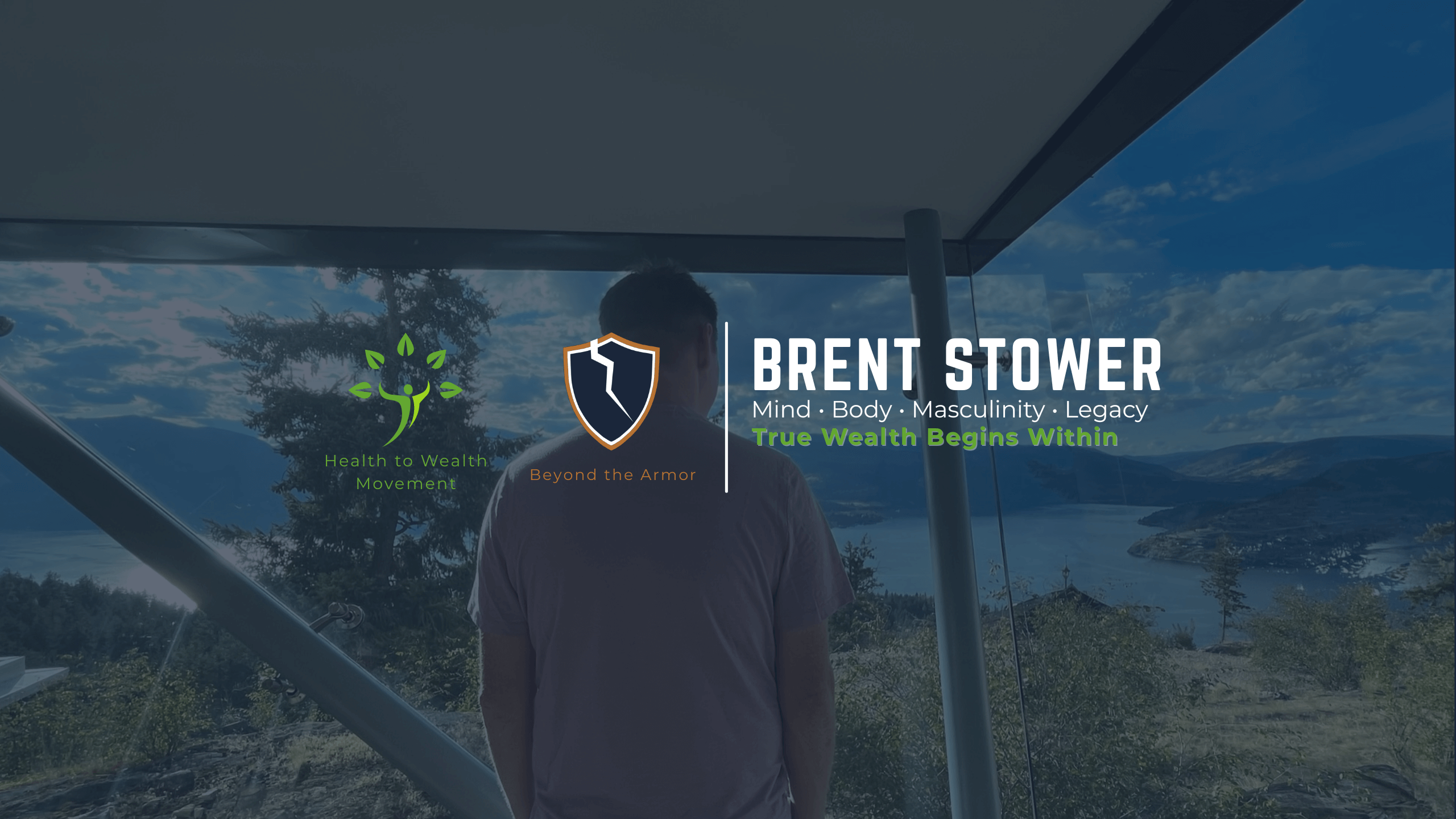Understanding Yourself to Build Emotional Resilience
Over the last few months, we’ve explored the transformative power of self-awareness. This isn’t just about recognizing our beliefs and values; it also means understanding our emotions and identifying the triggers behind them. Emotional awareness is a vital component of building resilience because it allows us to navigate life’s inevitable challenges with clarity and control.
There were days at my 9-5 when my anger and frustration would get out of control. Little things that shouldn’t have bothered me would cause feelings of annoyance, sometimes leading to unnecessary arguments. I can still recall one employee who regularly triggered this frustration, often causing heated discussions.
When I decided to work through these emotions, everything changed. One day, that same employee casually mentioned that I seemed different—calmer, more rational. They noted that we used to argue constantly, but now I was taking the time to listen and respond thoughtfully. That moment showed me just how much self-awareness and emotional regulation could positively impact my relationships and overall well-being.
Why Emotional Resilience Matters
Emotional resilience is essential for maintaining mental health and navigating life’s challenges. According to the American Psychological Association, people with high emotional resilience are more likely to experience lower levels of anxiety and depression and higher levels of satisfaction and well-being.
For men, this topic is particularly important. Research from the Movember Foundation highlights that men are less likely than women to seek help for emotional challenges. This reluctance often stems from societal expectations around masculinity, where vulnerability is mistakenly seen as weakness. However, embracing emotional resilience doesn’t weaken a man—it strengthens him.
Reframing Triggers as Opportunities for Growth
Emotional triggers are not a sign of weakness—they’re a roadmap to deeper understanding. When we recognize what sets off strong emotions, we gain the power to choose our response. I learned that my frustration often came from feeling disrespected or unappreciated. Once I understood this, I was able to see those situations differently and respond with greater composure.
Harvard Business Review reports that people who can recognize and manage their emotional triggers are 31% more productive and have better decision-making abilities, especially under stress.
Each trigger becomes a chance to learn more about yourself, redefine your reactions, and strengthen your emotional resilience.
Steps to Build Emotional Resilience
- Set aside time at the end of the day to reflect on moments when your emotions felt intense. What situations were you in? Were there specific words, actions, or people that triggered you? Journaling these reflections helps uncover patterns that might otherwise go unnoticed.
- When you feel emotions rising, take a deep breath. Pausing allows your brain to move out of its fight-or-flight response and into a more thoughtful state. This simple action creates space for conscious decision-making.
Studies published in Frontiers in Psychology show that deep breathing can reduce the physiological effects of stress by lowering cortisol levels and improving cognitive function during high-stress situations.
- Ask yourself: How can I view this situation differently? Instead of seeing challenges as obstacles, view them as opportunities to build resilience. For example, if you face criticism, rather than dwelling on the negativity, see it as feedback for growth.
- Emotional resilience is not built in isolation. According to a study published in Psychological Science, strong social connections are one of the most significant predictors of long-term emotional resilience. Seek out spaces where you can share openly and learn from others’ experiences.
- Building resilience is not about being perfect. It’s about navigating life’s difficulties while remaining kind to yourself. Acknowledge your efforts and celebrate your progress, even when it feels small. Research from Kristin Neff, a leading expert on self-compassion, shows that practicing self-kindness can improve emotional resilience and reduce burnout.
A Journey, Not a Destination
Building emotional resilience isn’t a one-time achievement—it’s a continuous journey. Each day presents new opportunities to learn, grow, and strengthen your capacity to handle challenges. By turning inward, understanding your triggers, and consciously responding to life’s complexities, you lay the foundation for a more resilient and empowered life.
Your Next Step
Take five minutes today to reflect on a recent situation where your emotions felt overwhelming. Write down:
- What happened?
- How did you feel?
- What triggered the emotion?
- How might you respond differently next time?
If you’re ready to take this practice further, stay tuned—there’s more on the horizon. I’ll be introducing a series of workshops and resources that take these concepts to a deeper level, offering actionable tools to build resilience and live with greater clarity and confidence.

















0 Comments